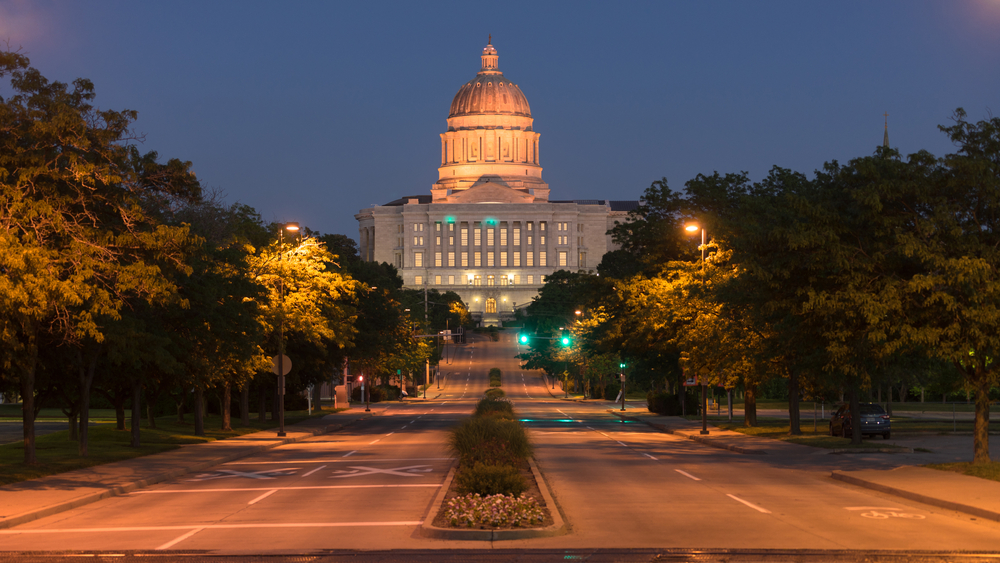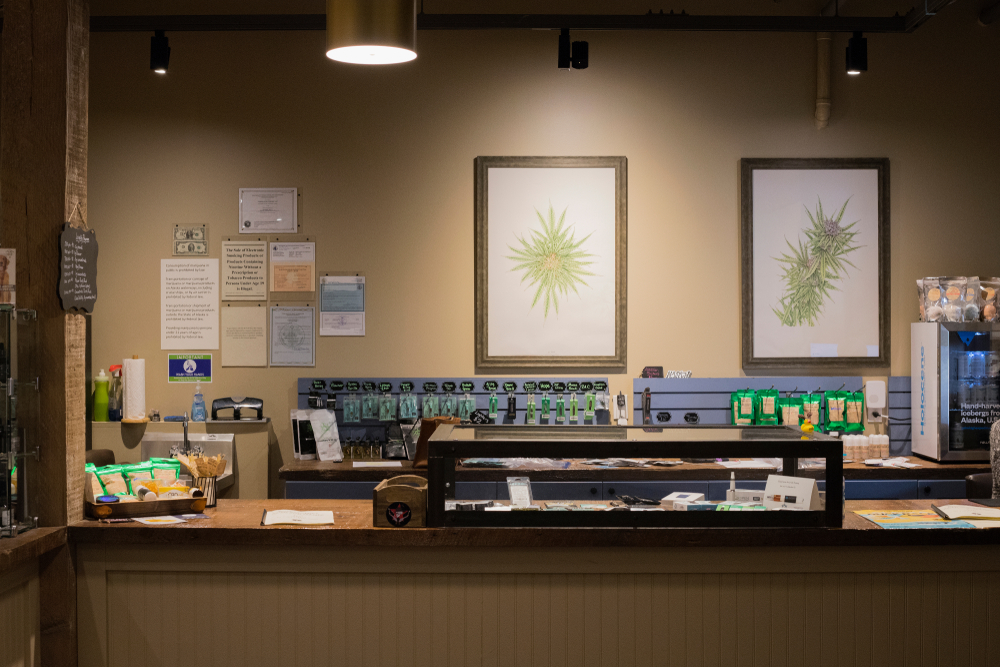Missouri's Marijuana Microbusiness License Lottery
By MK Thomson
August 3 2023
Missouri’s journey with marijuana legalization has been marked by significant milestones, from the approval of medical marijuana in 2018 to the long-awaited decision to legalize adult-use cannabis just last November (2022). As the cannabis industry exploded, a concerning truth emerged – the Black community and other minority groups were largely left out, facing barriers to accessing the booming cannabis market.
Recognizing the need to address this inequity, Missouri introduced the microbusiness lottery, a pioneering initiative designed to empower marginalized groups/individuals and promote diversity in the cannabis industry. The lottery drawing and the results will be announced between August 11 and October 2, 2023.
At the time of this post writing, the lottery is underway, so it still remains to be seen how successful this endeavor will be. But even at this early stage, there are some bumps in the road.

For decades MO lawmakers had been trying to get compassionate use of marijuana on the state voting ballot, with their work being paid off in 2018 when the state legalized medical cannabis. This opened the doors to medical marijuana patients seeking relief and alternative therapies to prescription medication. It also paved the way for marijuana-related growers, product producers, and retailers to get licenses and start the very lucrative marijuana business in the Show-Me state. This included many large businesses from out-of-state that had longevity in the cannabis biz in other states.
The marijuana business in Missouri exploded. As in other states, the tax revenues poured in and public health metrics began to move in favorable directions (such as prescription-related drug overdoses and addiction statistics). Even without recreational, adult-use Missouri quickly became one of the country’s most financially successful MMJ states.
Building on the success of medical marijuana, lawmakers in Jeff City passed Amendment 3, legalizing adult-use cannabis. The legalization of adult-use cannabis created an even larger plethora of opportunities for entrepreneurs and investors, and in less than a year Missouri’s marijuana revenues are outperforming other states even twice the size.

Great! Awesome! Whoo hoo – go Missour-ah! However, now a few years into the cannabis business and enough time to take a look back, it seems that it hasn’t been all great and awesome with everyone in the state. As financial numbers and demographic statistics are compared, overlaid, and analyzed, it seems that an inequality trend is starting to form.
While the approval of recreational MJ marked a momentous occasion for Missouri’s cannabis history, it was not without criticism. Critics pointed out that historically marginalized communities, especially the Black community, had borne the brunt of marijuana criminalization and were now being excluded from the burgeoning industry. The fear was that existing disparities would be perpetuated, allowing larger corporations and established players to dominate the market while sidelining smaller businesses and entrepreneurs from underrepresented communities.
Recognizing the urgent need for action, Missouri policymakers resolved to address these disparities head-on. They understood that traditional licensing processes might inadvertently worsen existing inequities, keeping some of the participation away from those who were seeking to make their mark in the industry.

To help remedy these developing exclusions and help facilitate inclusivity, Missouri introduced an innovative concept: the marijuana microbusiness lottery. This new initiative aims to provide a level playing field for small-scale businesses, known as “Marijuana Microbusinesses,” owned by individuals from marginalized communities. The microbusiness program was included as part of the constitutional amendment to legalize recreational marijuana, reaffirming the state’s commitment to promoting diversity and inclusion in the cannabis industry.
The lottery has a $1,500 fee to give the would-be entrepreneurs the chance for their name to be drawn in the lottery, with the fee being refunded if their name is not called. This was a golden ticket for some entrepreneurs who otherwise would not have been able to acquire a license to start a marijuana business with high fees and limited spots.
Leading up to the microbusiness lottery, Abigail Vivas, Missouri’s chief equity officer, took the initiative to conduct outreach events across the state. These events played an important role in educating potential applicants about the program’s eligibility requirements and the overall application process. The outreach events not only provided valuable information but also fostered a sense of empowerment among aspiring entrepreneurs.

While the marijuana microbusiness program presents a unique opportunity, the application process itself has faced criticism for being clunky and challenging to navigate. Applicants must carefully maneuver through several steps to ensure the accuracy and completeness of their submissions. Anyone having to work with any state’s local government’s websites, knows that they are clunky – and Missouri is no different.
One notable aspect of the application process is the selection of the congressional district where the microbusiness facility will be located. Applicants are not required to reside in the same congressional district as the proposed facility address. The process also involves using the DCR Location Tool to determine the congressional district, house district, and GPS coordinates of the proposed facility location. Although an essential tool for determining eligibility, the system has faced reports of technical glitches and inconsistencies, leading to frustrations among some applicants.
Despite the positive intentions of the microbusiness lottery, concerns persist regarding the industry’s inclusivity. The absence of comprehensive data on the demographic representation among cannabis business owners in Missouri makes it challenging to assess the current state of equity accurately.
In response to these concerns, Abigail Vivas, the chief equity officer, has pledged to advocate for a demographic survey of cannabis business owners. This survey would encourage license holders to voluntarily provide their demographic information, offering invaluable insights into the current state of equity within the industry. Gathering demographic data is crucial to better understand the representation of underrepresented communities in the cannabis market and identify areas where additional support may be needed.
However, State Rep. Ashley Bland Manlove and St. Louis City NAACP President Adolphus Pruitt both have strong reservations about the microbusiness lottery. While they agree that the micro business lottery should help Black communities, however Bland Manlove believes it only reinforces an already inequitable business licensing system established when Missouri MMJ passed into law in 2018.

Missouri’s cannabis industry has undergone a better-than-expected journey, from the approval of medical marijuana to the groundbreaking legalization of adult-use cannabis. Amidst the celebration, the state recognized the importance of remedy historical inequities faced by minority communities. The marijuana microbusiness lottery emerged as a visionary solution, offering aspiring entrepreneurs from marginalized backgrounds a platform to realize their dreams and participate in the flourishing cannabis market.
As the microbusiness lottery takes center stage, the ongoing outreach efforts, coupled with the state’s commitment to gathering valuable demographic data, signal a commitment to building an inclusive cannabis landscape. Challenges persist and the success of these programs are yet to be fully realized, still, Missouri is doing what it can to create a fair and equitable environment for all entrepreneurs.
We’ll keep our fingers on the pulse of the marijuana microbusiness and any other Missouri marijuana-related news. Stay tuned!